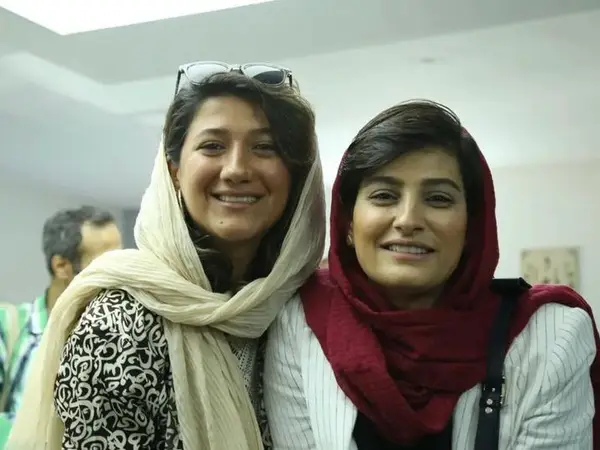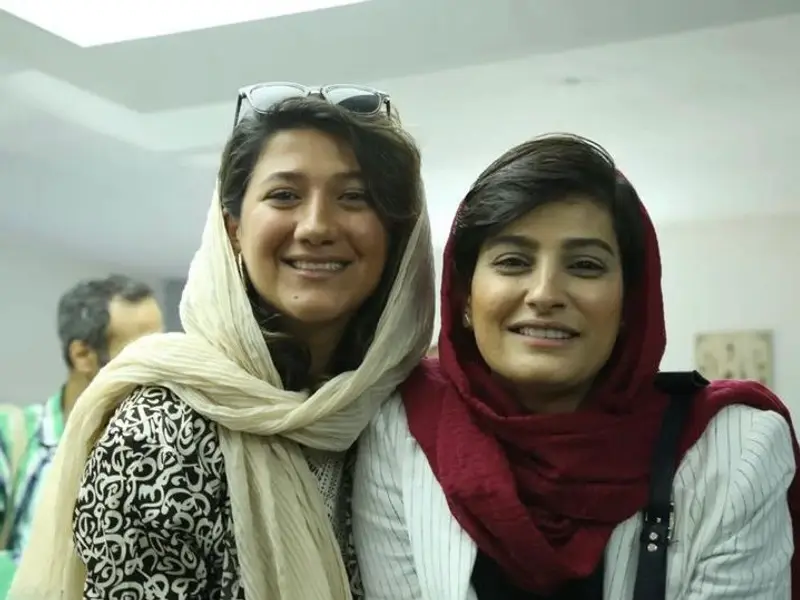Almost a month since imprisoned Iranian journalist Niloufar Hamedi filed a complaint against Judge Abolqasem Salavati, there is still no update on the proceedings.
Hamedi took legal action, accusing the notorious judge of refusing to release her after a year of temporary detention. Salavati usually presides over cases against dissidents and journalists, issuing harsh sentences.
Hamedi, became famous and was arrested after she broke the news of the tragic incident involving the death of 22-year-old woman Mahsa Amini from head injuries, remains in custody alongside her colleague, Elahe Mohammadi, for over a year. Mohammadi was detained while covering Amini's funeral in Saqqez cemetery, Kordestan province.
Both Hamadi and Mohammadi, former correspondents for Iran's prestigious reformist newspaper, Shargh, and Ham-Mihan, respectively, have emerged as symbols of protest following Amini's death.
Expressing uncertainty about the status of the complaint, Hamadi's husband, Mohammad Hossein Ajorlou, stated, "We have no information about the consideration of the complaint, but Niloufar's illegal temporary detention continues after 444 days."
Despite widespread calls in Iran and abroad for freedom of expression and the release of the journalists, the Iranian judiciary exhibits reluctance in issuing bail and temporary release orders.
Iran continues to maintain a dismal ranking among the world's least free countries for press freedom. The situation has worsened since the initiation of the Women, Life, Freedom movement last year, resulting in numerous journalists being arrested and imprisoned.

